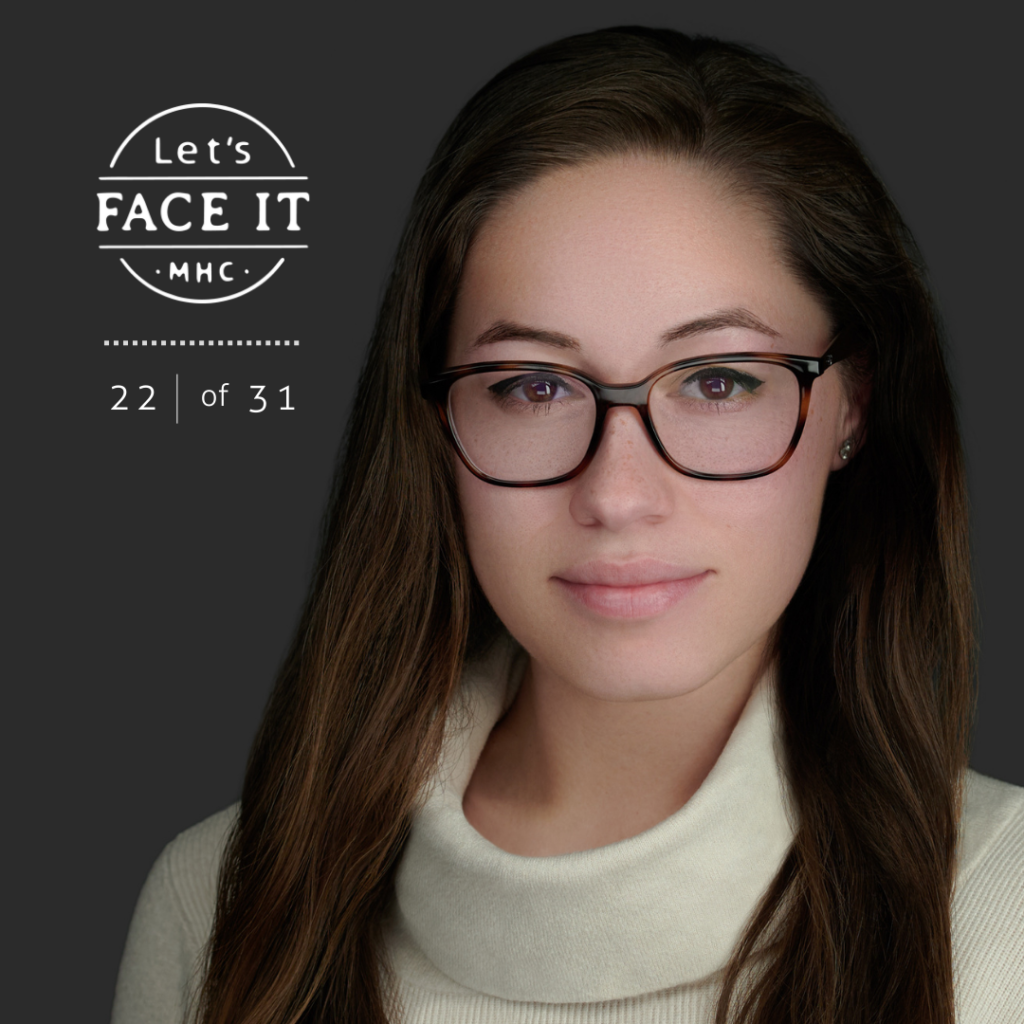 When we break an arm or learn we have cancer, we typically have no issue sharing the news and the story around it. Substitute cancer for something like bipolar disease or crippling depression, however, and suddenly story sharing is verboten.
When we break an arm or learn we have cancer, we typically have no issue sharing the news and the story around it. Substitute cancer for something like bipolar disease or crippling depression, however, and suddenly story sharing is verboten.
Kailey MarcAurele has lived that dichotomy. She began suffering from depression in middle school and in college anxiety became a challenge. Later she discovered she had CPTSD from repeated trauma. Throughout these various diagnoses, talking openly about them was tough.
“The way I dealt with my mental health for years was throwing myself into work,” she says of her years in the restaurant business and other jobs. “I picked up constant shifts. I worked multiple jobs. I didn’t want to be home. I wanted to keep myself busy.”
After taking a break from school, MarcAurele, 25, realized the negative impact of self-stigmatizing discussion around mental health. “There’s a stigma that this isn’t real and you’re doing this for attention,” MarcAurele says. “Or people think they have to walk on eggshells around me because they are afraid something is going to set me off.”
So she became more open about her life. “For a while I was hesitant to talk about it but the only way to end stigma on mental health is to openly talk about what I’ve been through,” she says. “Yes, I may have anxiety or depression but we’re normal people, too.”
Talking openly, MarcAurele says, helps normalize discussion for other people. “A lot of people who suffer from mental health are made to think they’re crazy,” she says. “I’ve been through it and I’m still going through it but that doesn’t mean we have to be outsiders just because we’re not neurotypical. I want to show other people that may not be aware that we aren’t people who should be avoided. A lot of people don’t know how to interact or deal with people who are mentally ill because there are so many stigmas.”
Pushing the discussion around mental health is one reason MarcAurele became a project coordinator at Turning Point CT, a peer run project made by and for young people suffering with mental health and substance use issues. “I have always been the person who tried to take care of everybody else because I felt I never had anyone else to go to,” she says. Now she writes content, creates podcasts and gives public talks at schools to share her story and try to help end the stigma around discussing lived experience.
“I want people to realize that having a mental illness does not make you an outsider and want people who may not know how to deal with it to know we’re people too,” MarcAurele says. “Sure, people with anxiety and depression may not want to do things. People think it’s a choice but there are actual things going on physically and mentally that are holding us back. That doesn’t mean we’re not capable of doing a lot of things.”
Each day in May, you will meet a new face and a new lived experience, because #LetsFaceIt there is no one-sized fits all when it comes to our wellbeing. View past posts here.
Looking for resources or support in CT but don’t know where to start? Contact MHC’s free Information & Referral line: https://www.mhconn.org/education/information.

